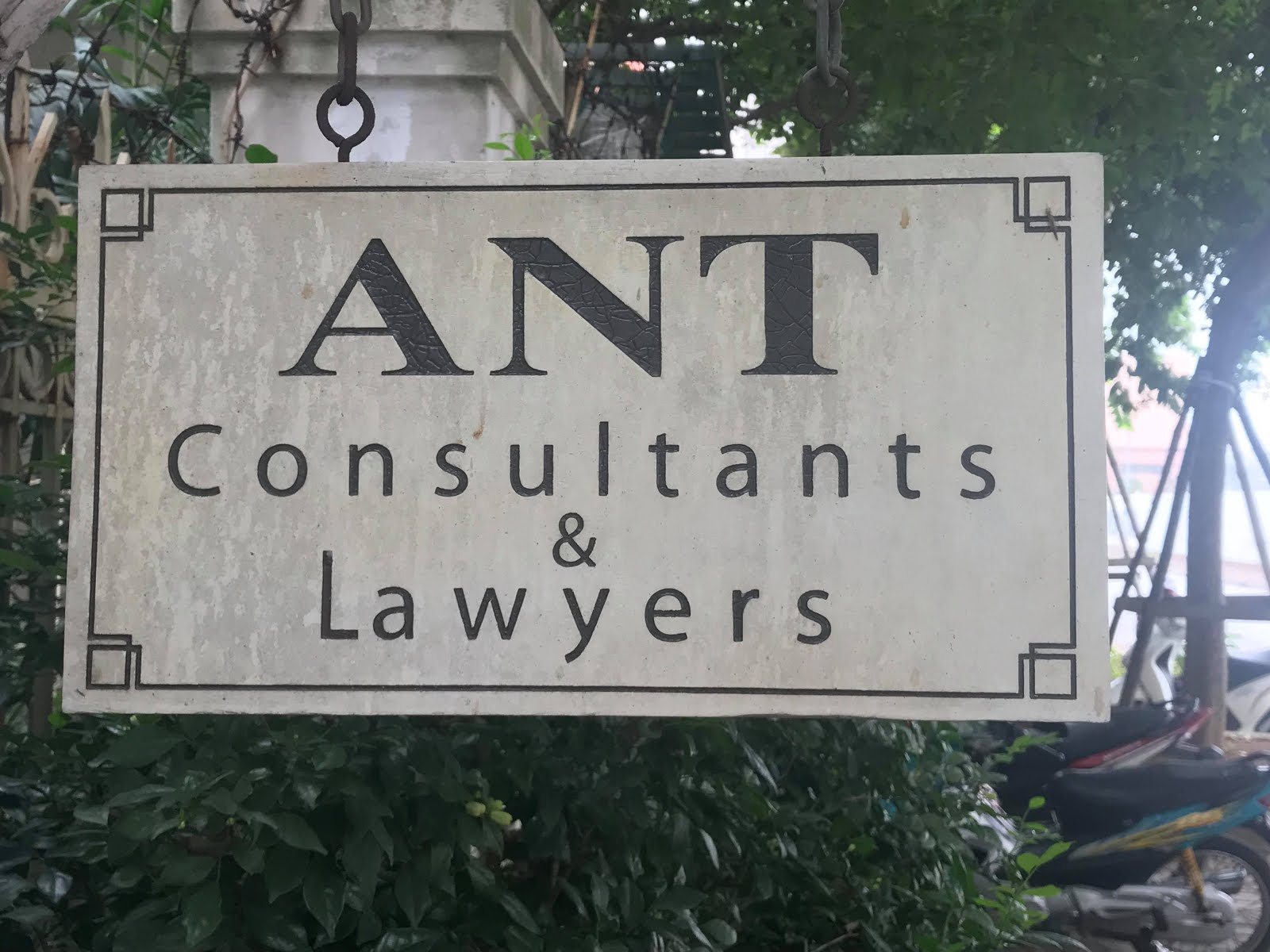Considering trademark registration activities, the subject holder must comply with certain conditions to fulfill its trademark registration rights in Vietnam.
According to Article 13.1 Law on Intellectual Property amended in 2009:
-Organizations and individuals may register marks to be used for goods they produce or services they provide.
-Organizations and individuals that conduct lawful commercial activities may register marks for products they are marketing but produced by others, provided that the producers neither use such marks for their products nor object to such registration.
-Lawfully established collective organizations may register collective marks to be used by their members under regulations on use of collective marks. For signs indicating geographical origins of goods or services, organizations that may register them are collective organizations of organizations or individuals engaged in production or trading in relevant localities. For other geographical names or marks indicating geographical origins of local specialties of Vietnam, the registration must be permitted by competent state agencies.
-Organizations with the function of controlling and certifying the quality, properties, origin or other relevant criteria of goods or services may register certification marks, provided that they are not engaged in the production or trading of these goods or services. For other geographical names or marks indicating geographical origins of local specialties of Vietnam, the registration thereof must be permitted by a competent state agency.
-Two or more organizations or individuals may jointly register a mark in order to become its co-owners on the following conditions: i) This mark is used in the names of all co-owners or used for goods or services which are produced or traded with the participation of all co-owners; ii) The use of this mark causes no confusion to consumers as to the origin of goods or services.
If the subject falls into one of the cases mentioned above, they will have the right to register the mark at the National Office of Intellectual Property. After the subject condition has been met, consideration should be given to the condition that a mark can be protected as a trademark. In particular (i) It is a visible mark in the form of letters, words, drawings or images including holograms, or a combination thereof, represented in one or more colors; (ii) It is capable of distinctive goods or services of the mark owner from those of other subjects.
However, there are some exceptions even when the mark satisfies those two conditions. For example, marks identical with or confusingly similar to national flags or national emblems; or marks identical with or confusingly similar to emblems, flags, armorial bearings, abbreviated names or full names of Vietnamese State bodies, political organizations, socio-political organizations, socio- politico-professional organizations, social organizations or socio-professional organizations or with international organizations, unless permitted by such bodies or organizations shall not be protected as a trademark.
In order to register for protection of a trademark, the registrant should pay attention to the subject matter and the conditions for the trademark to be protected in order to avoid being refused at the registration authority because of the failure to meet the conditions for the subject or the conditions for protection.
IP Attorney in Vietnam at ANT Lawyers, a Law firm in Vietnam shall be providing the advice to client to help the clients evaluate and file registration for trademark, patent, copyright and other IP related services.
























.jpg)



.jpg)
.jpg)